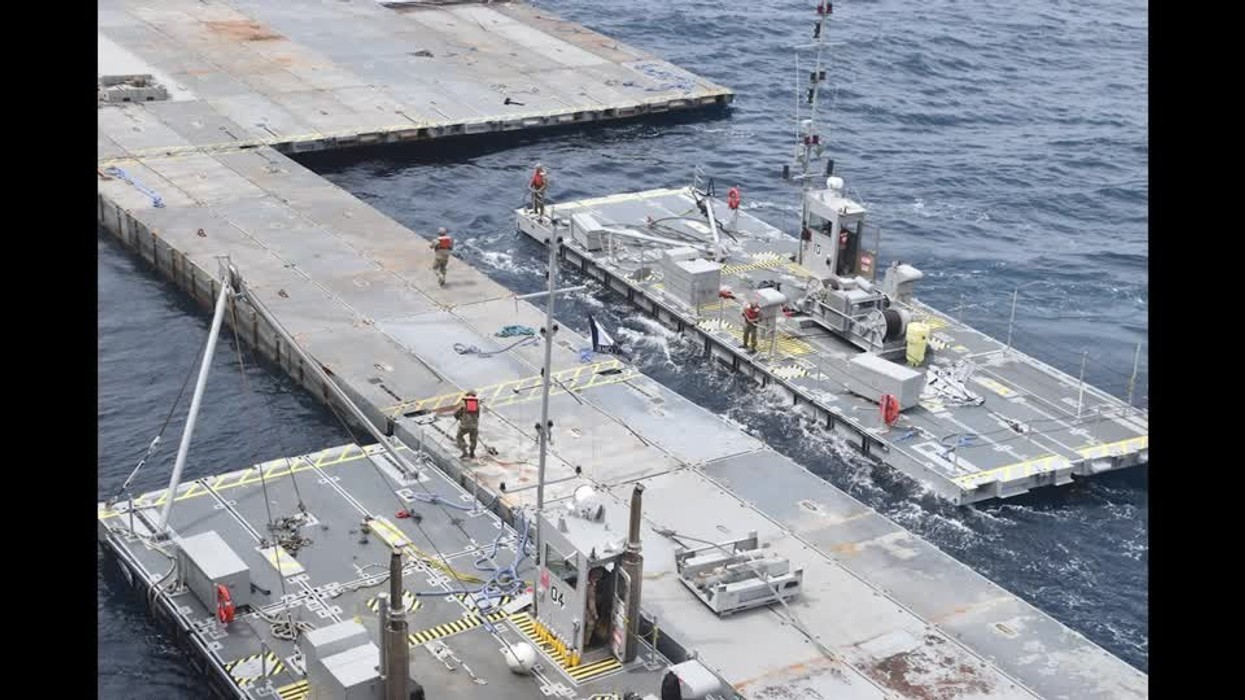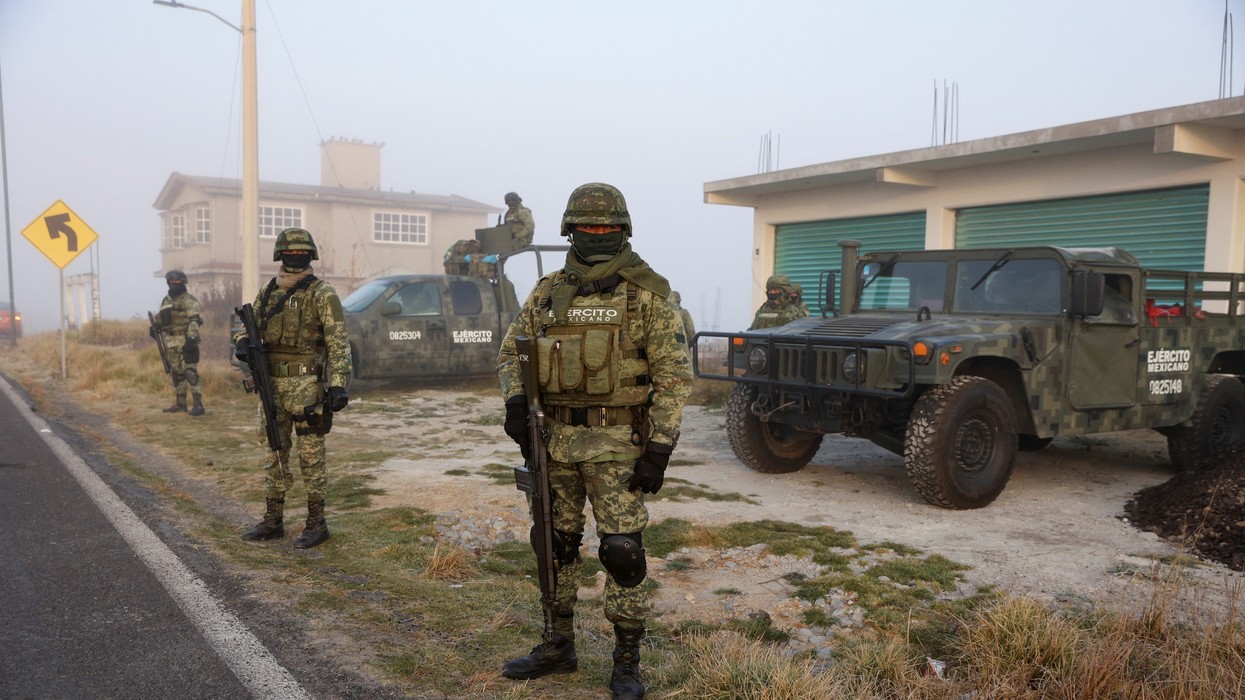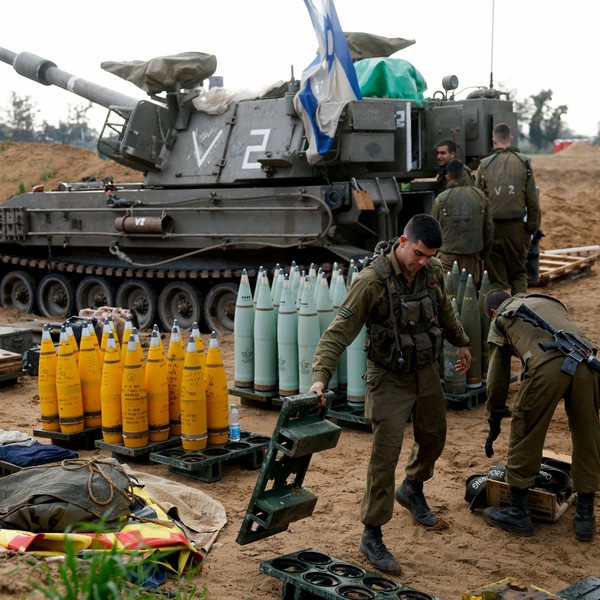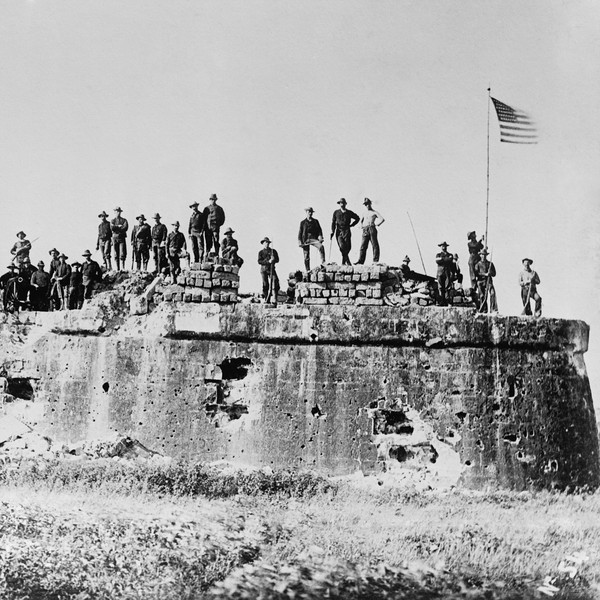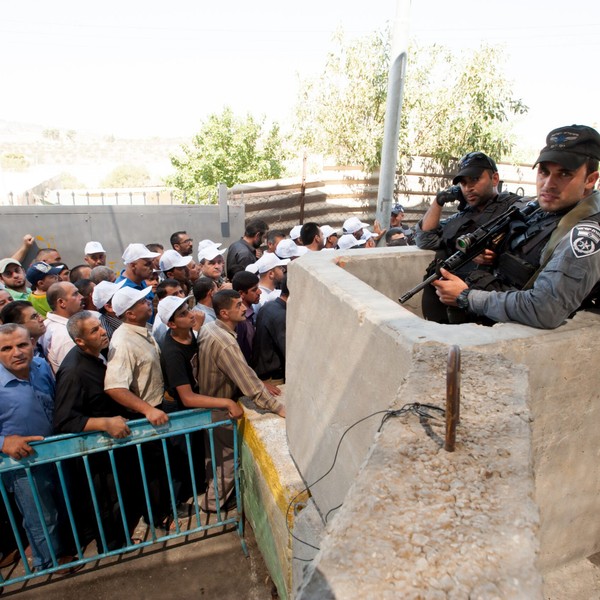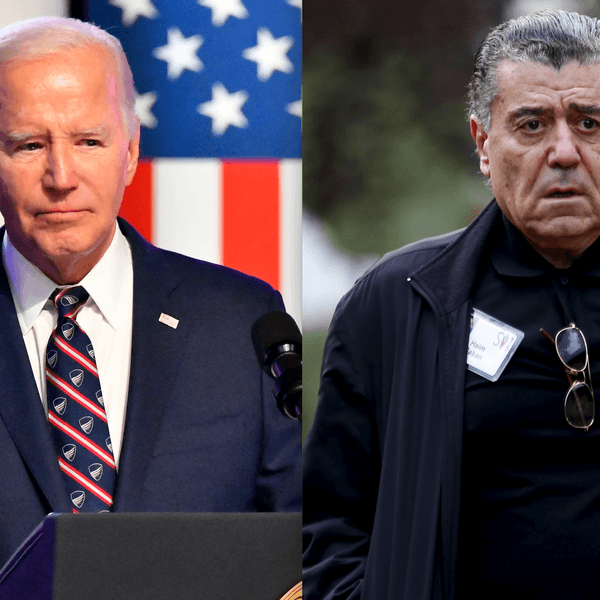Amid the tragic scenes from Kabul this week in the aftermath of the Taliban’s complete takeover of Afghanistan, those on cable news programs and beyond claiming the U.S. military should never have left are rarely, if ever, asked key questions about what that actually would mean in practice.
How long would we have to stay? And at what cost?
Aside from American military casualties that would result in the likely event that the Taliban begin attacking U.S. troops again after having broken the 2020 Doha peace deal, or the billions upon billions it would cost to maintain an indefinite presence in Afghanistan propping up an illegitimate government rotted to the core with corruption, a new report from Brown University’s Costs of War projects points to perhaps another hidden price tag: long-term care for veterans.
The report estimates that from 2001 to 2050, it will cost U.S. taxpayers between $2.2 and 2.5 trillion to care for veterans of America’s post-9/11 wars, and that “the majority of the costs associated with caring for post-9/11 veterans has not yet been paid and will continue to accrue long into the future.”
According to the Costs of War project, “Expenditures to care for veterans doubled from 2.4 percent of the federal budget in FY 2001 to 4.9 percent in FY 2020, even as the total number of living veterans from all U.S. wars declined from 25.3 million to 18.5 million.” The total costs won’t peak “until decades after the conflict, as veterans’ needs increase with age.”
The report recommends establishing a fund to track and set aside money that will be needed for the long-term care of these vets.


